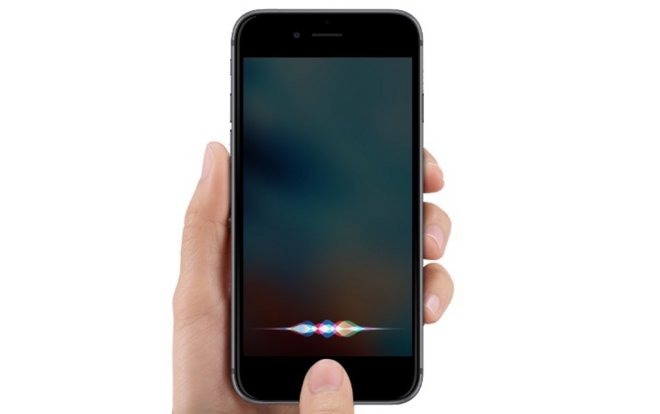A report on Thursday offered a behind-the-scenes look at how Apple introduces new languages for Siri, suggesting that broader language support is one of the few things keeping the voice assistant competitive in the face of rivals from Amazon and Google.
To bring in a new language, Apple first starts by having people read passages in a variety of accents and dialects, Apple speech team head Alex Acero explained to Reuters. These passages are manually transcribed so computers know exactly what they're supposed to be learning. After being supplemented by sounds captured in a range of voices, Apple builds a language model that tries to predict word sequences.
Before actually upgrading Siri, Apple rolls out dictation. The company is said to collect and anonymize a small percentage of recordings from customers, and then have humans transcribe these, something Acero said can cut recognition errors in half.
After gathering enough data, the company finally prepares to launch Siri in the new language, including hiring one or more actors. The first release may still only be able to answer the most frequent questions — Apple, though, will update its codebase every two weeks with adjustments.
The result is that Siri is now in 21 languages and 36 countries. Microsoft's Cortana supports 8 languages in 13 countries, while Google Assistant — a relatively new AI, replacing Google Now — speaks 4 languages. Amazon's Alexa works only in English and German.
One of Apple's next languages will be Shanghainese, a Chinese dialect spoken only around that city. Dictation support is coming in impending software updates such as macOS 10.12.4.
Apple's approach could be problematic, Reuters hinted, because of how difficult it is to scale, demanding more and more writers. Other assistants, like the Samsung-owned Viv, may be better designed for this task.
Siri has increasingly been accused of lagging behind its rivals in terms of capabilities. Amazon's Alexa regularly gains new skills, for instance, while Google Assistant is able to understand context, enabling simpler, more conversational responses.
Apple is rumored to be planning Siri enhancements which could debut on new iPhones shipping this fall. What those might be aren't clear, though the company has been investing large sums into AI and machine learning.
 Roger Fingas
Roger Fingas






-m.jpg)






 Charles Martin
Charles Martin


 Wesley Hilliard
Wesley Hilliard
 Stephen Silver
Stephen Silver
 William Gallagher
William Gallagher

 Marko Zivkovic
Marko Zivkovic








30 Comments
its difficult to scale? they are blowing away the competition!
"[Siri] staying ahead of competition" sounds a little far fetched. I would rather have Siri be effective with fewer languages than suck at all of them. I cringe at how much worse Siri must be with some of the lesser used languages.
I don't think transcribing the words she hears is the problem. Being able to do what I want is the problem. I still feel like I need to memorize a list of commands she knows. Too often I get a "would you like me to search the web?" or "I'm sorry I can't do that." I won't be likely to use Siri much until I can speak to her like she's actually a person, or can have a conversation and figure out what I mean more reliably.
"Airplay This is England." "Everything you need to know about Apple products is at Apple's website." "Airplay This is England to Apple TV." "OK, I found this on the web for 'Airplay this is England to Apple TV." Thanks, Siri, I'll do it myself like some kind of animal.